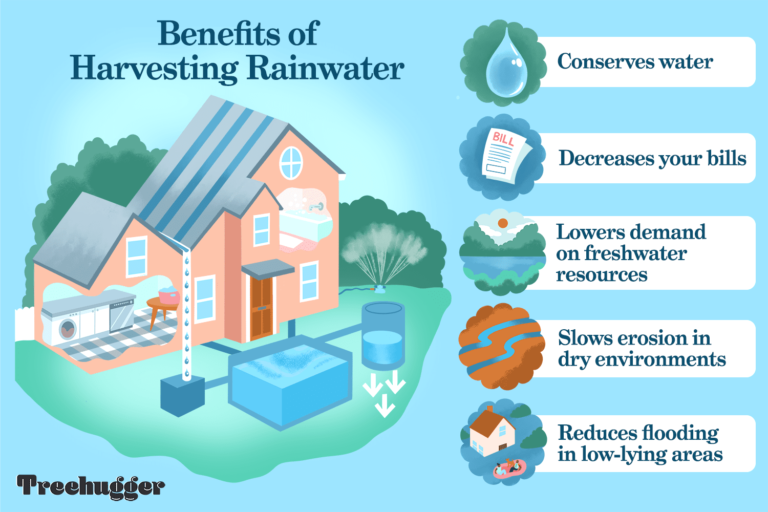The COVID-19 pandemic left a lasting mark on nearly every aspect of our lives, from our health to our work and social interactions. However, one of the most profound and often overlooked impacts has been on education and career decision-making. As we continue to navigate the post-pandemic world, students and young professionals face unprecedented challenges in shaping their futures. This blog explores the effects of the pandemic on education and career decisions and offers guidance on how to move forward in this new landscape.
The Disruption of Education
When the pandemic struck in early 2020, educational institutions worldwide were forced to close their doors, transitioning to online learning almost overnight. While this swift adaptation was necessary to ensure the continuity of education, it came with a host of challenges.
1. Quality of Education: The sudden shift to online learning exposed significant gaps in the quality of education. Not all students had equal access to technology or a conducive learning environment at home. As a result, many students struggled to keep up with their coursework, leading to learning losses that are only now beginning to be fully understood.
2. Mental Health Concerns: The isolation and uncertainty brought about by the pandemic had a severe impact on students’ mental health. The lack of social interaction, coupled with the stress of adapting to new learning methods, led to increased anxiety and depression among students. These mental health challenges further hindered academic performance and overall well-being.
3. Delay in Academic Progress: Many students faced delays in completing their studies due to the pandemic. Some had to defer their education, while others experienced interruptions in their research or internships. These delays have had a ripple effect on their career timelines, causing anxiety and uncertainty about their future prospects.
Career Decision-Making in Uncertain Times
The pandemic also had a profound impact on the job market, with many industries experiencing significant disruptions. As a result, young professionals and recent graduates have faced unique challenges in making career decisions.
1. Job Market Volatility: The job market has been highly volatile since the onset of the pandemic, with some sectors experiencing massive layoffs while others have seen unprecedented growth. For example, industries like hospitality, travel, and retail were hit hard, leading to widespread job losses. On the other hand, sectors such as technology, healthcare, and e-commerce witnessed a surge in demand. This volatility has made it difficult for young professionals to navigate the job market and make informed career choices.
2. Remote Work and Its Implications: The pandemic accelerated the adoption of remote work, fundamentally changing the way we work. While remote work offers flexibility, it also comes with challenges, such as a lack of networking opportunities and difficulties in building a professional identity. For recent graduates entering the workforce, remote work can be isolating, making it harder to establish a sense of belonging and career progression.
3. Reassessment of Career Goals: The pandemic forced many people to reassess their career goals and priorities. The experience of working from home, coupled with the uncertainty of the job market, has led some individuals to reconsider their chosen career paths. Others have decided to pursue further education or pivot to entirely new fields. This period of reflection has been both a challenge and an opportunity for personal and professional growth.
Coping Strategies for Students and Young Professionals
In the face of these challenges, it is essential to adopt strategies that can help navigate the post-pandemic world and make informed decisions about education and careers.
1. Embrace Lifelong Learning: The pandemic has highlighted the importance of adaptability and continuous learning. To stay competitive in the job market, it is crucial to embrace lifelong learning. This could involve taking online courses, attending webinars, or pursuing certifications in areas of interest. By staying updated with the latest trends and acquiring new skills, you can enhance your employability and open up new career opportunities.
2. Seek Guidance and Mentorship: Navigating the post-pandemic world can be daunting, but you don’t have to do it alone. Seek guidance from mentors, career counselors, and industry professionals who can provide valuable insights and advice. Networking is also essential, even in a remote work environment. Join online communities, attend virtual networking events, and connect with professionals in your field to expand your network and gain new perspectives.
3. Prioritize Mental Health: The pandemic has taken a toll on mental health, and it’s essential to prioritize your well-being as you navigate your education and career journey. Practice self-care, seek support from mental health professionals if needed, and find ways to manage stress and anxiety. Remember that it’s okay to take a step back and reevaluate your goals if you’re feeling overwhelmed.
4. Be Open to Change: The post-pandemic world is constantly evolving, and it’s essential to be open to change. This might mean being flexible in your career plans, exploring new industries, or even relocating to different regions. Embrace uncertainty as an opportunity for growth and be willing to take calculated risks in pursuit of your goals.
5. Focus on Soft Skills: While technical skills are essential, the pandemic has underscored the importance of soft skills, such as communication, adaptability, and emotional intelligence. These skills are crucial in navigating the challenges of remote work and in building relationships with colleagues and clients. Developing your soft skills can give you a competitive edge in the job market and help you succeed in your career.
The Role of Institutions and Employers
Educational institutions and employers also have a crucial role to play in supporting students and young professionals as they navigate the post-pandemic landscape.
1. Enhancing Online Education: Educational institutions must continue to invest in online education, ensuring that it is accessible, engaging, and of high quality. This includes providing students with the necessary resources and support to succeed in a remote learning environment.
2. Offering Flexible Career Paths: Employers should recognize the unique challenges that young professionals face and offer flexible career paths that allow for growth and development. This could include offering remote work options, providing mentorship programs, and creating opportunities for skill development.
3. Supporting Mental Health: Both educational institutions and employers must prioritize mental health and well-being. This could involve offering mental health resources, creating supportive work environments, and encouraging open conversations about mental health.
4. Adapting to New Realities: Institutions and employers must be willing to adapt to the new realities of the post-pandemic world. This might involve rethinking traditional career paths, embracing new technologies, and being open to innovative approaches to education and work.
Conclusion
The post-COVID-19 world presents both challenges and opportunities for students and young professionals. While the pandemic has disrupted education and career decision-making, it has also highlighted the importance of adaptability, continuous learning, and mental health. By embracing these lessons and being open to change, you can navigate this new landscape with resilience and confidence. As we move forward, it’s essential to stay informed, seek support, and remain flexible in your approach to education and career decisions. The future may be uncertain, but with the right strategies and mindset, you can turn these challenges into opportunities for growth and success.
About AIPH University: AIPH University, located in Bhubaneswar, Odisha, is a prominent University specializing in Public Health, Biological Sciences education and research. The university offers a wide range of undergraduate, postgraduate, and doctoral programs across various domains of public health, Biological Sciences, and Allied Health Sciences. For contact details, you can reach out to the university at +91-7205074656 or +91-9938213237, or via email at admissions@aiph.ac.in for admission queries and info@aiph.ac.in for other inquiries.






